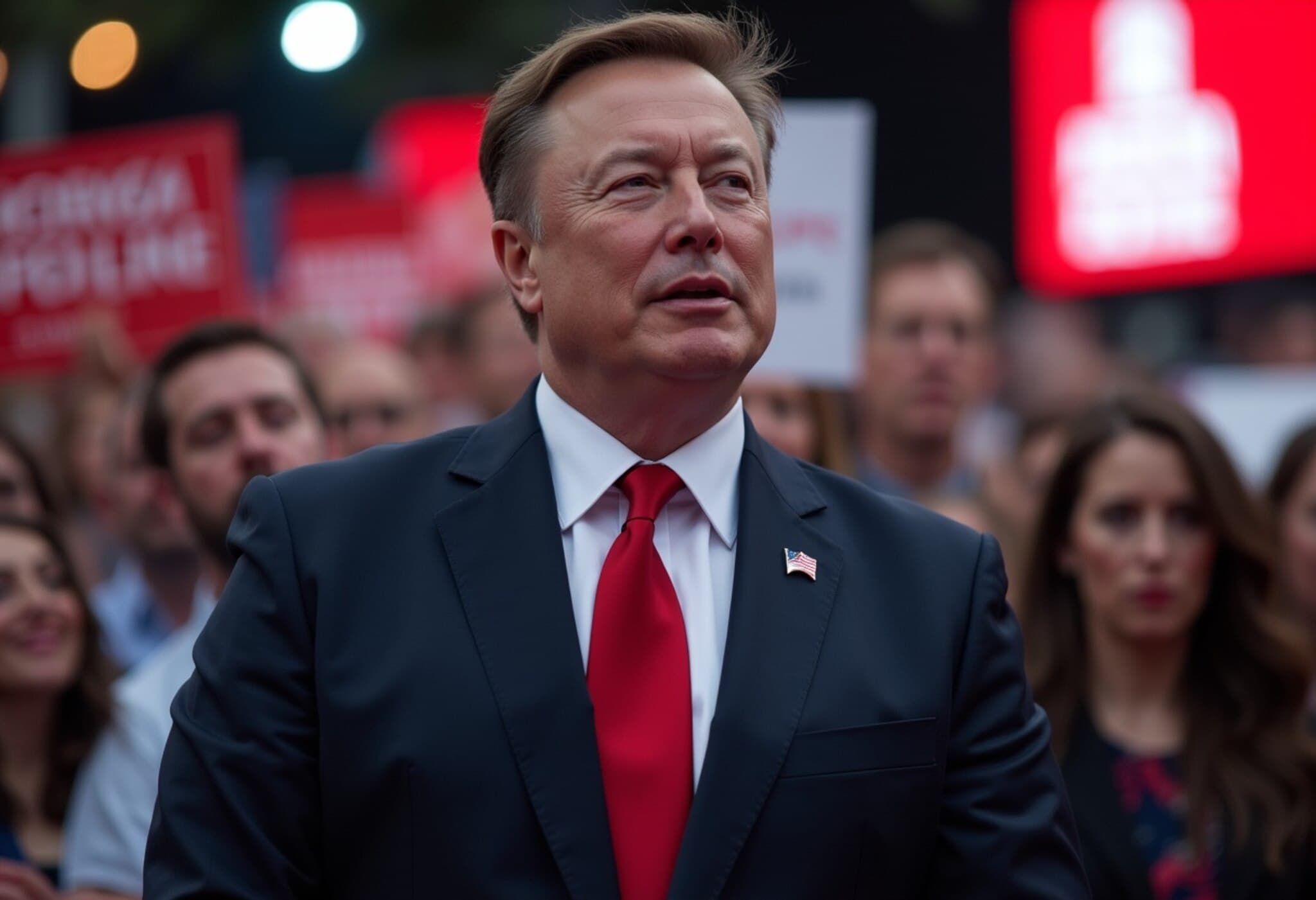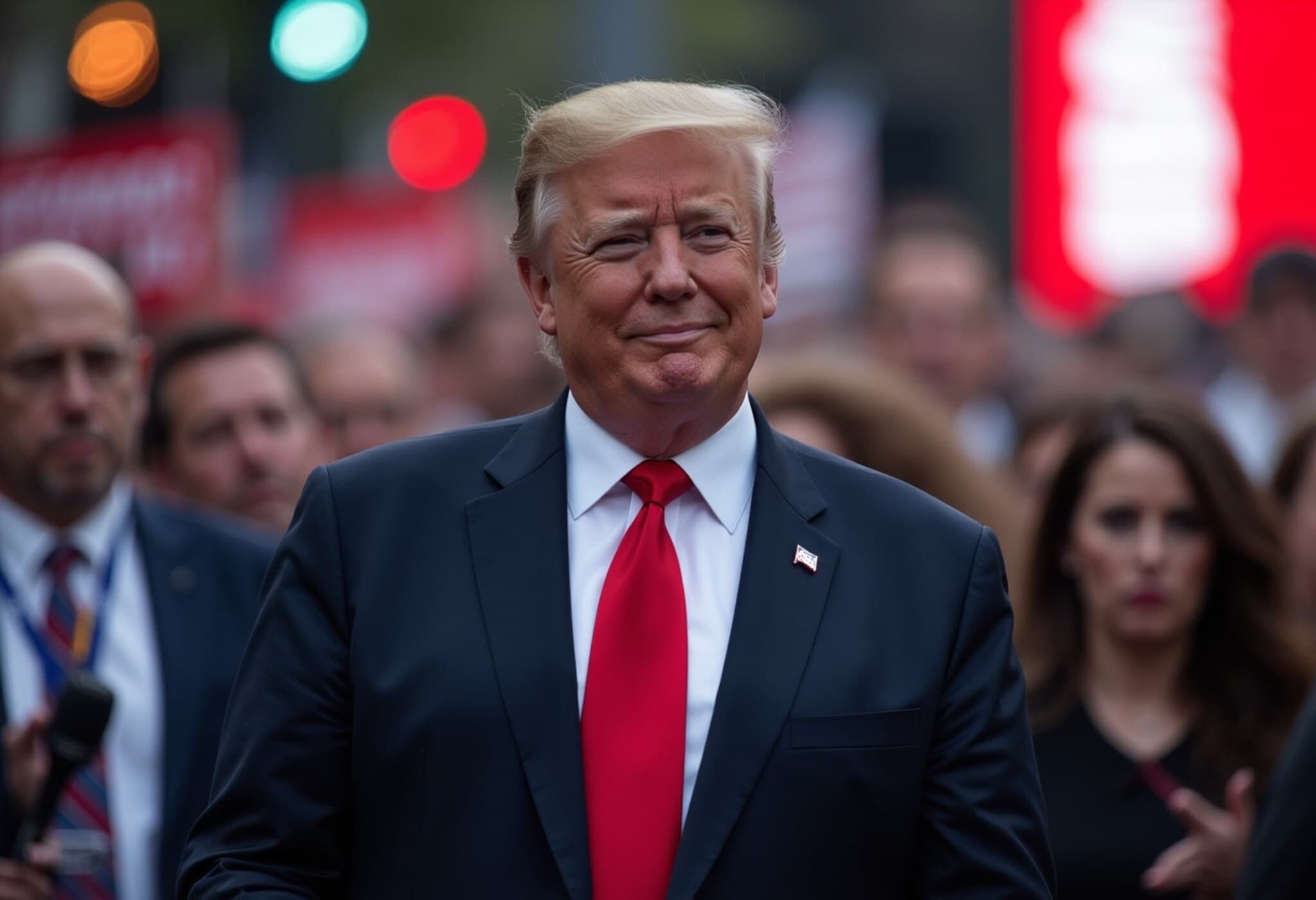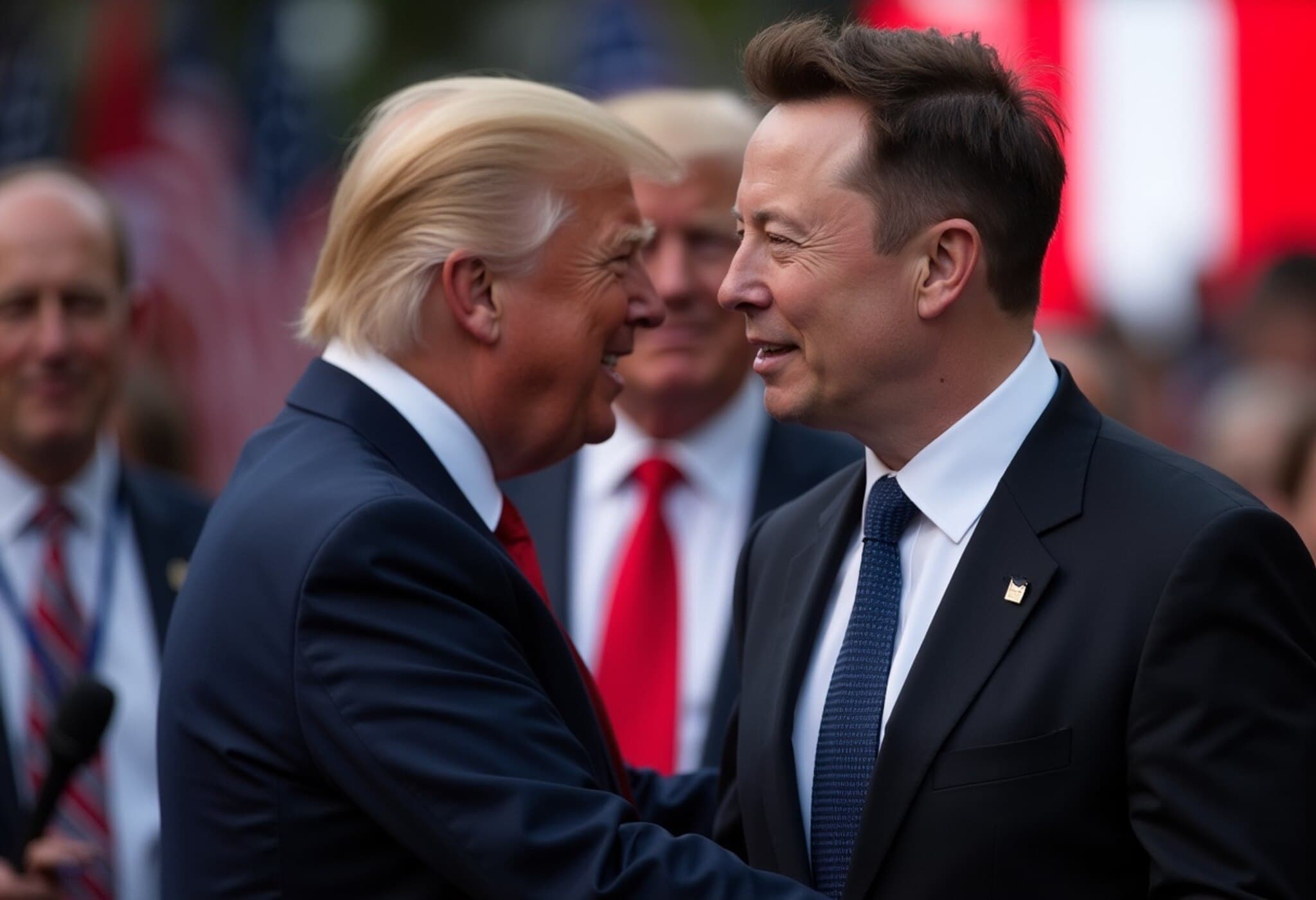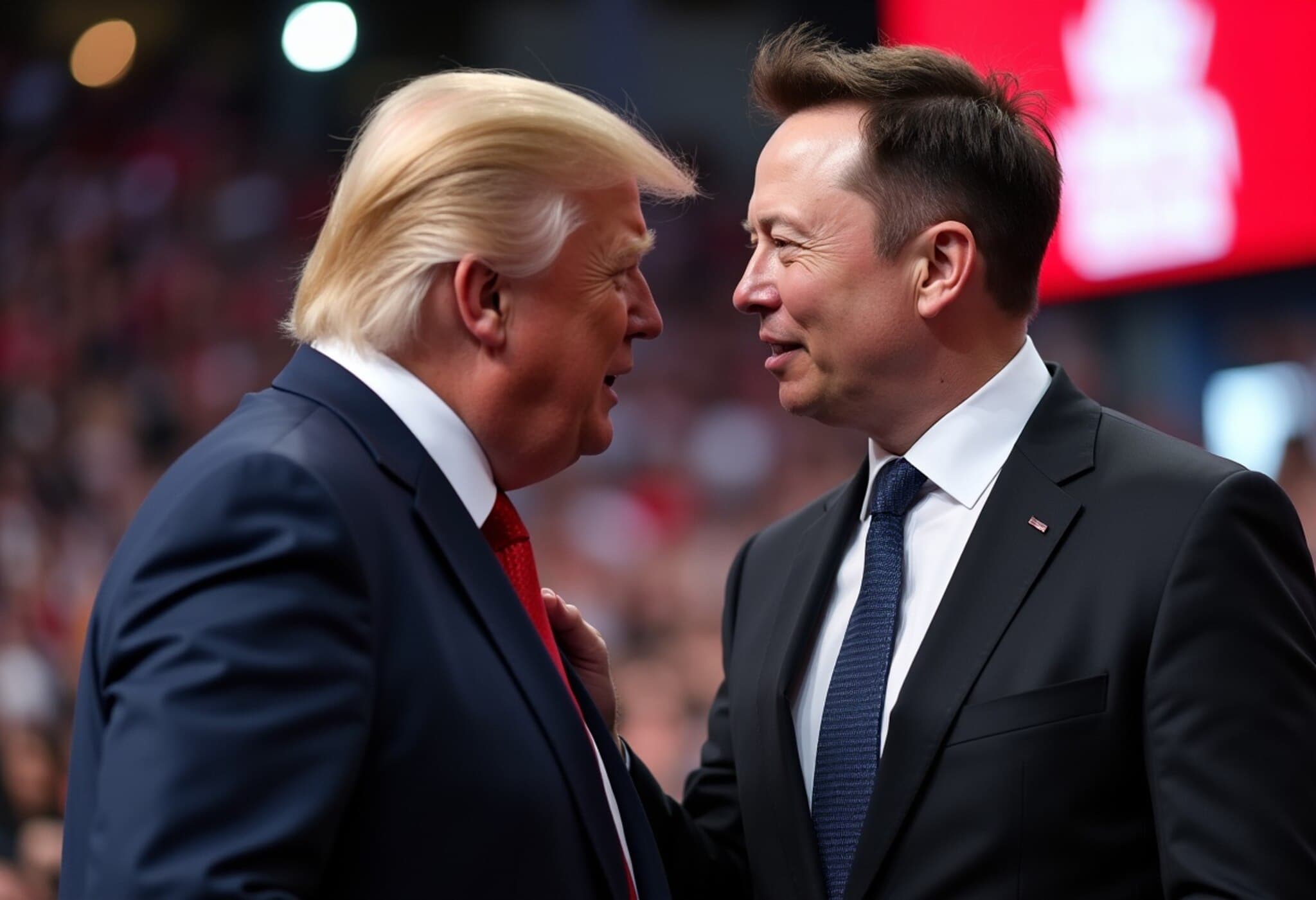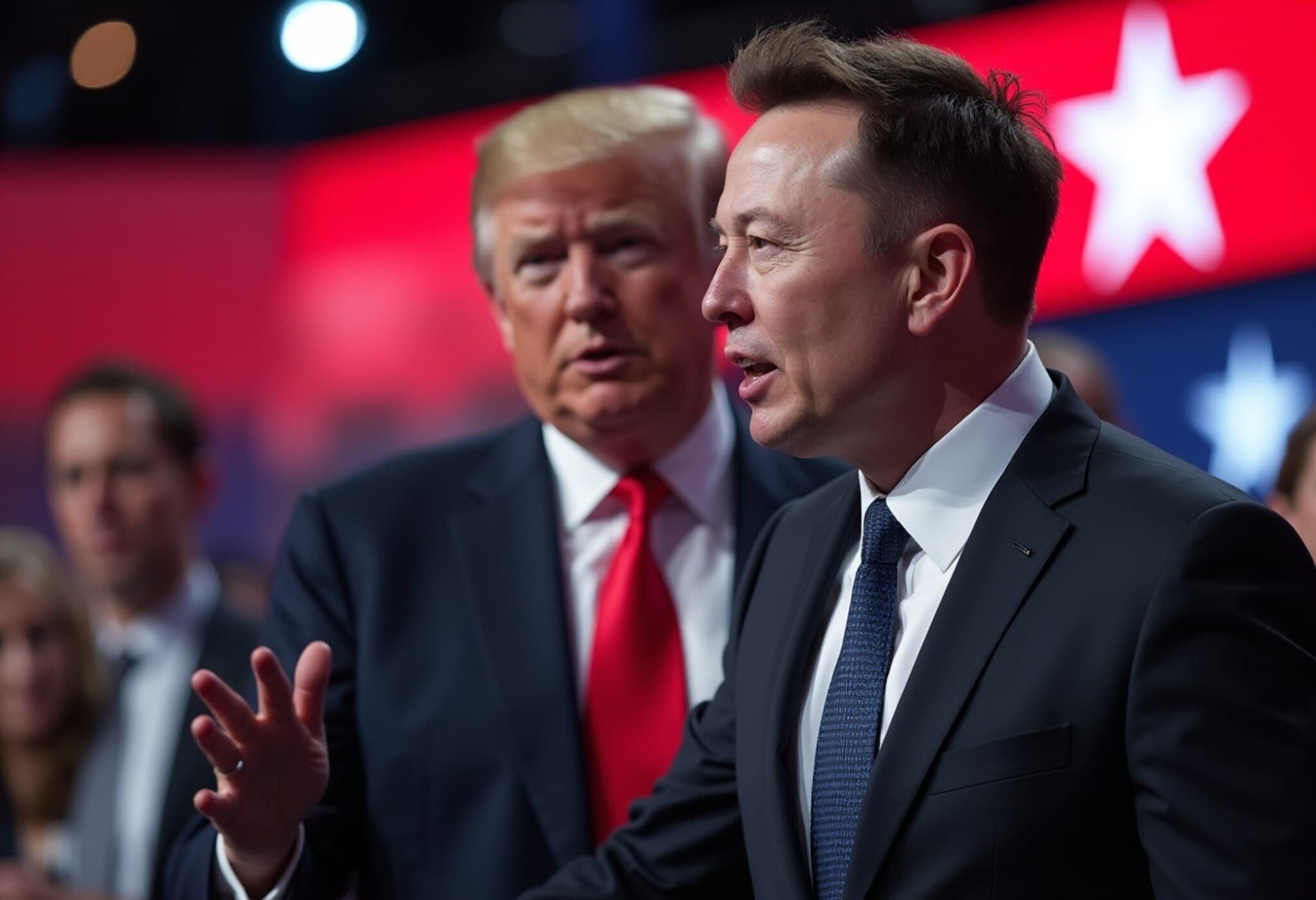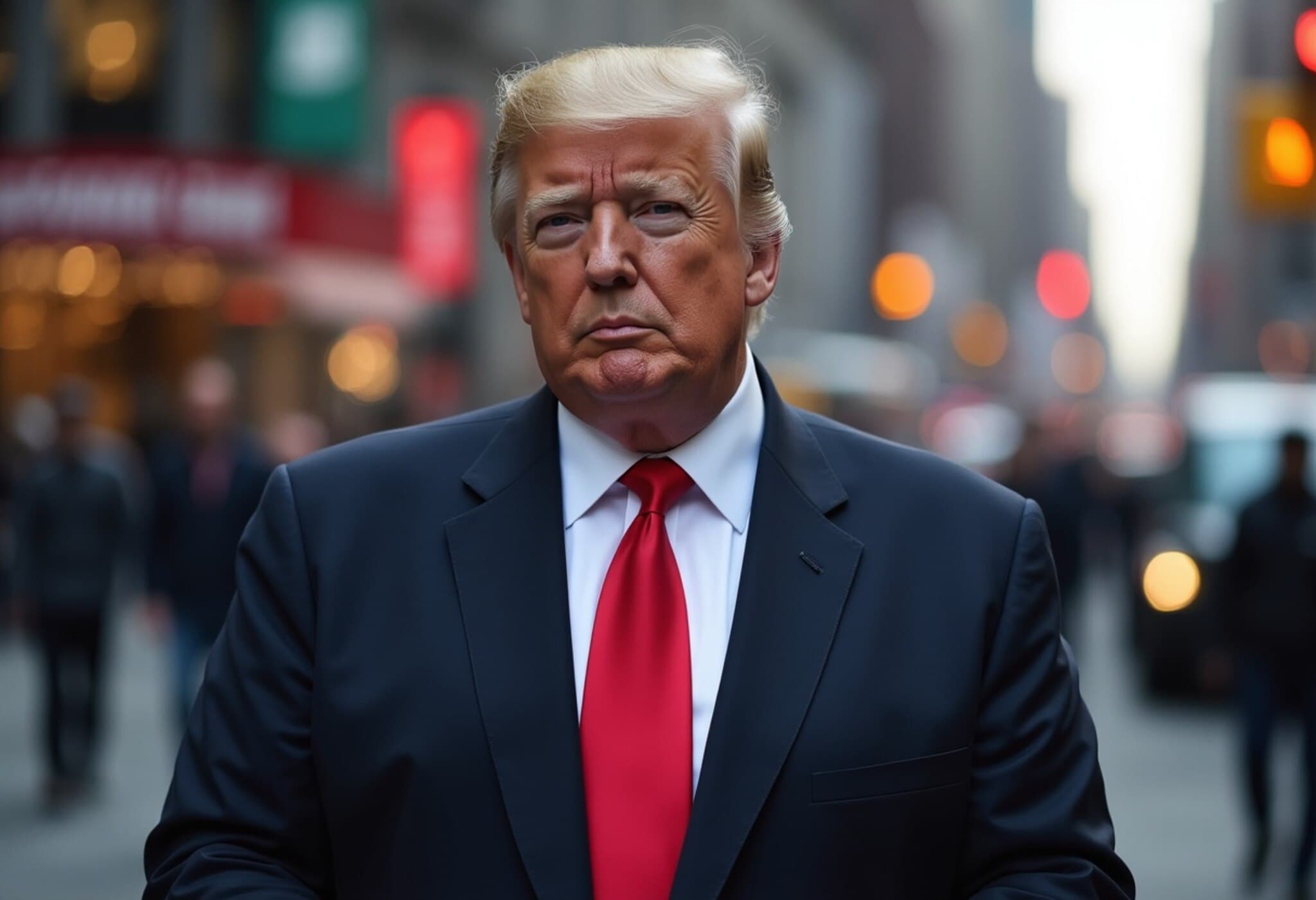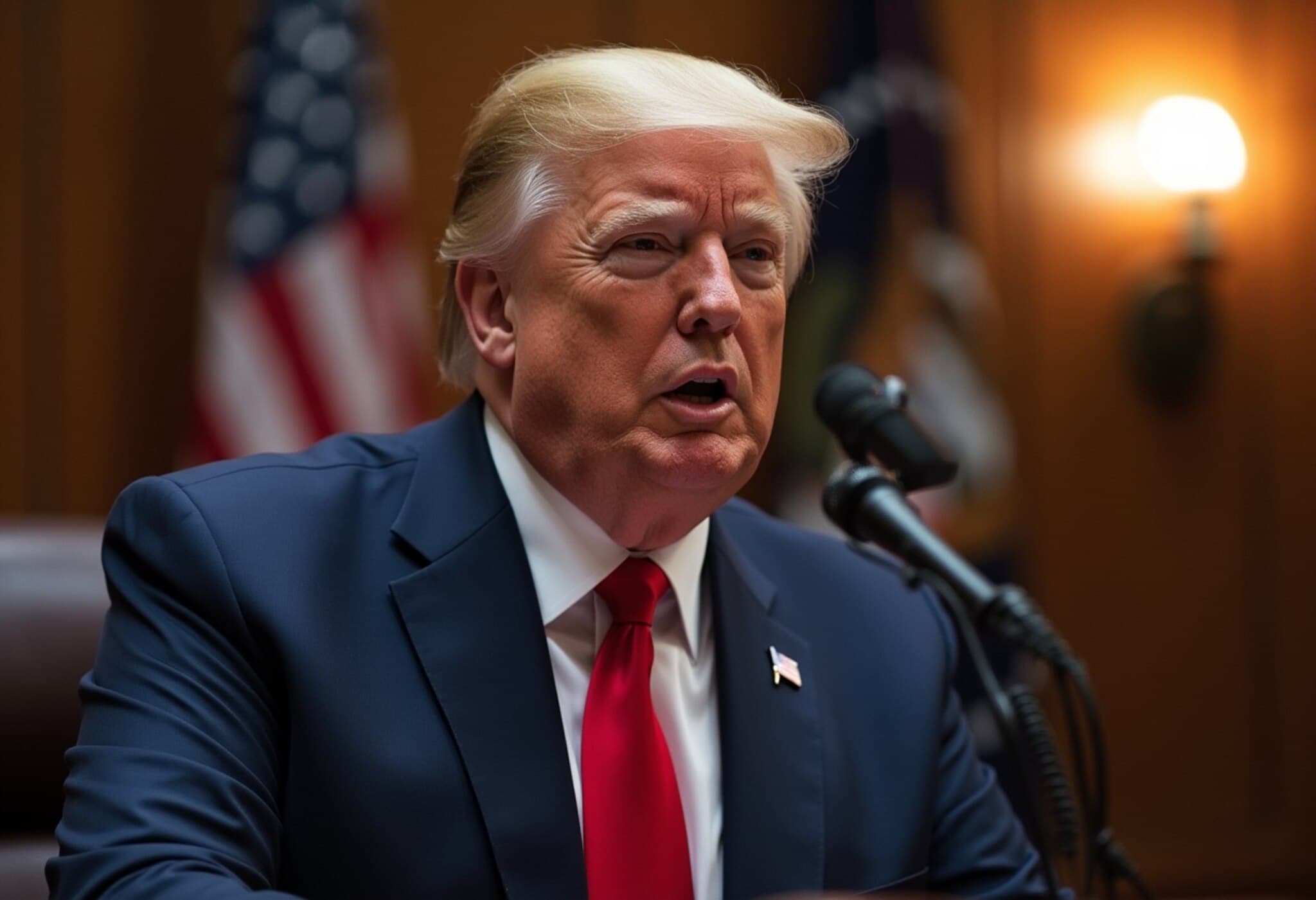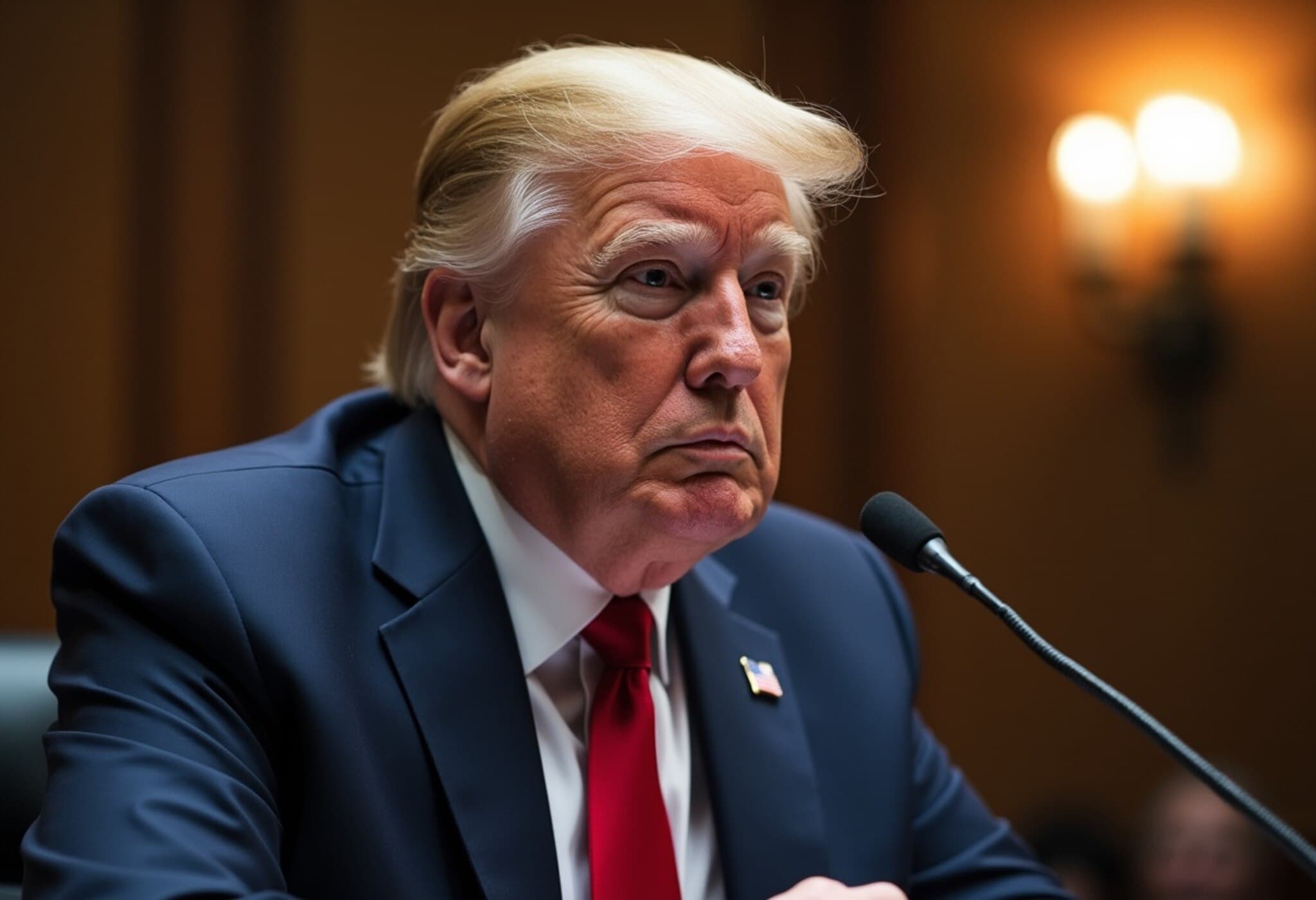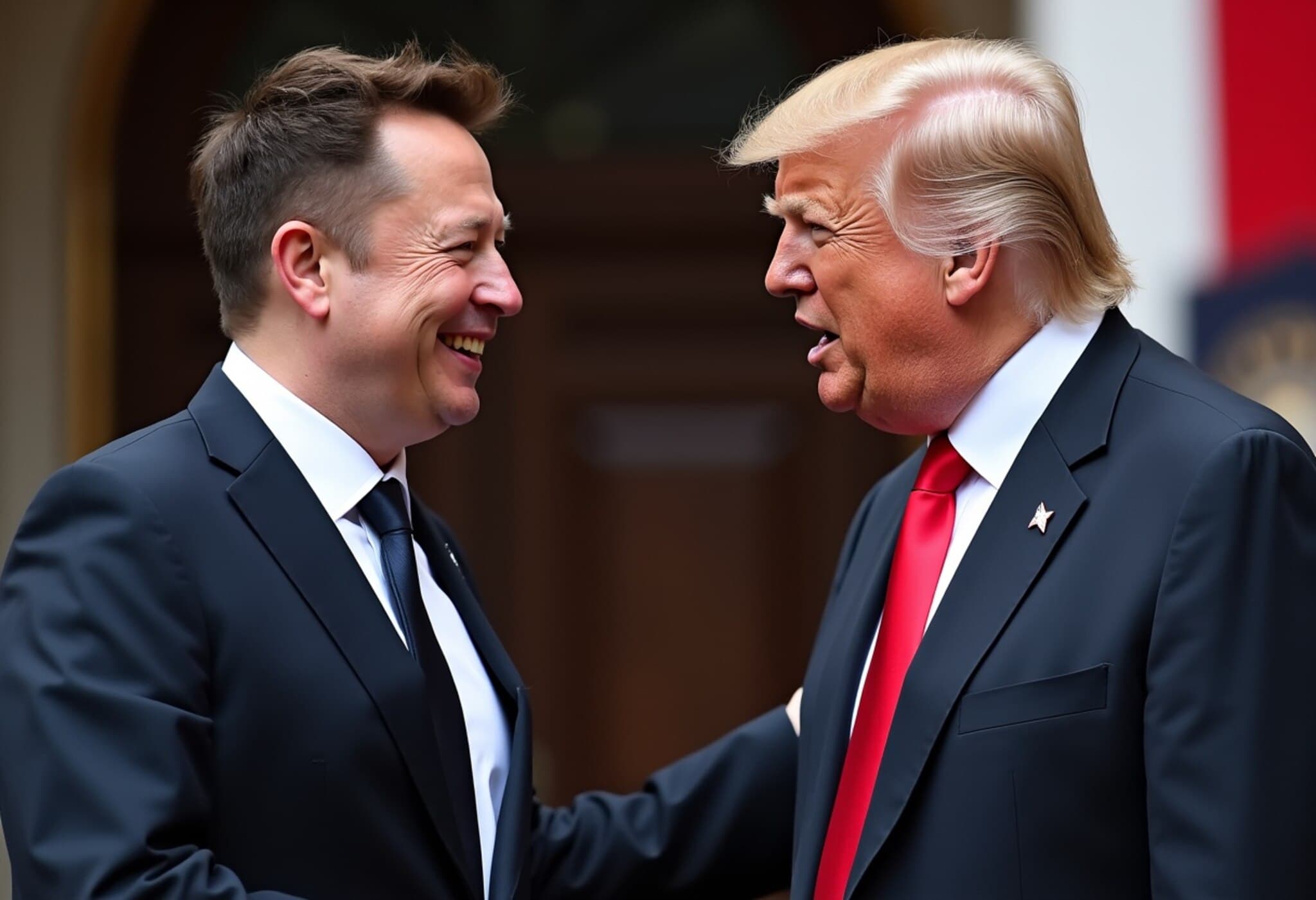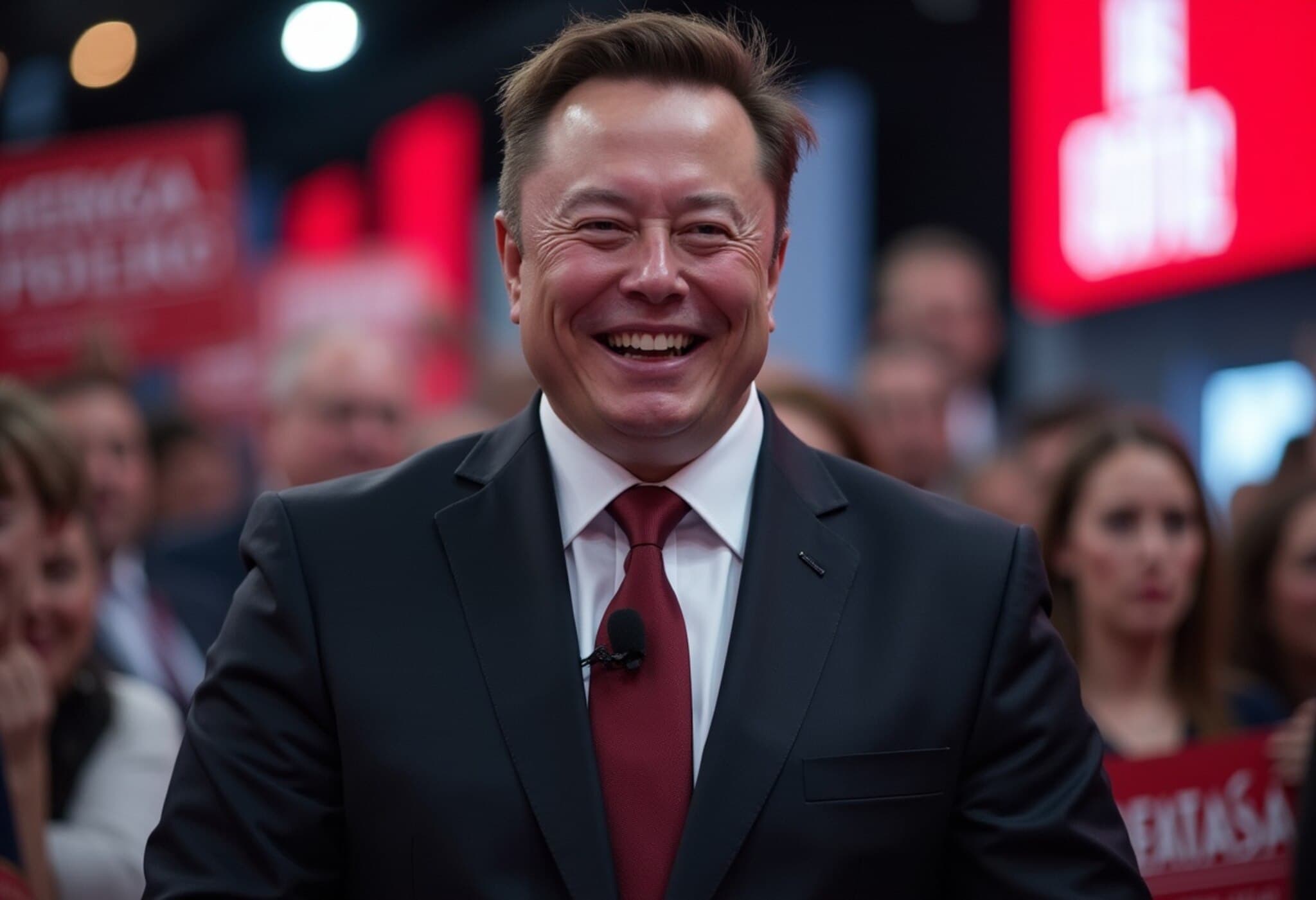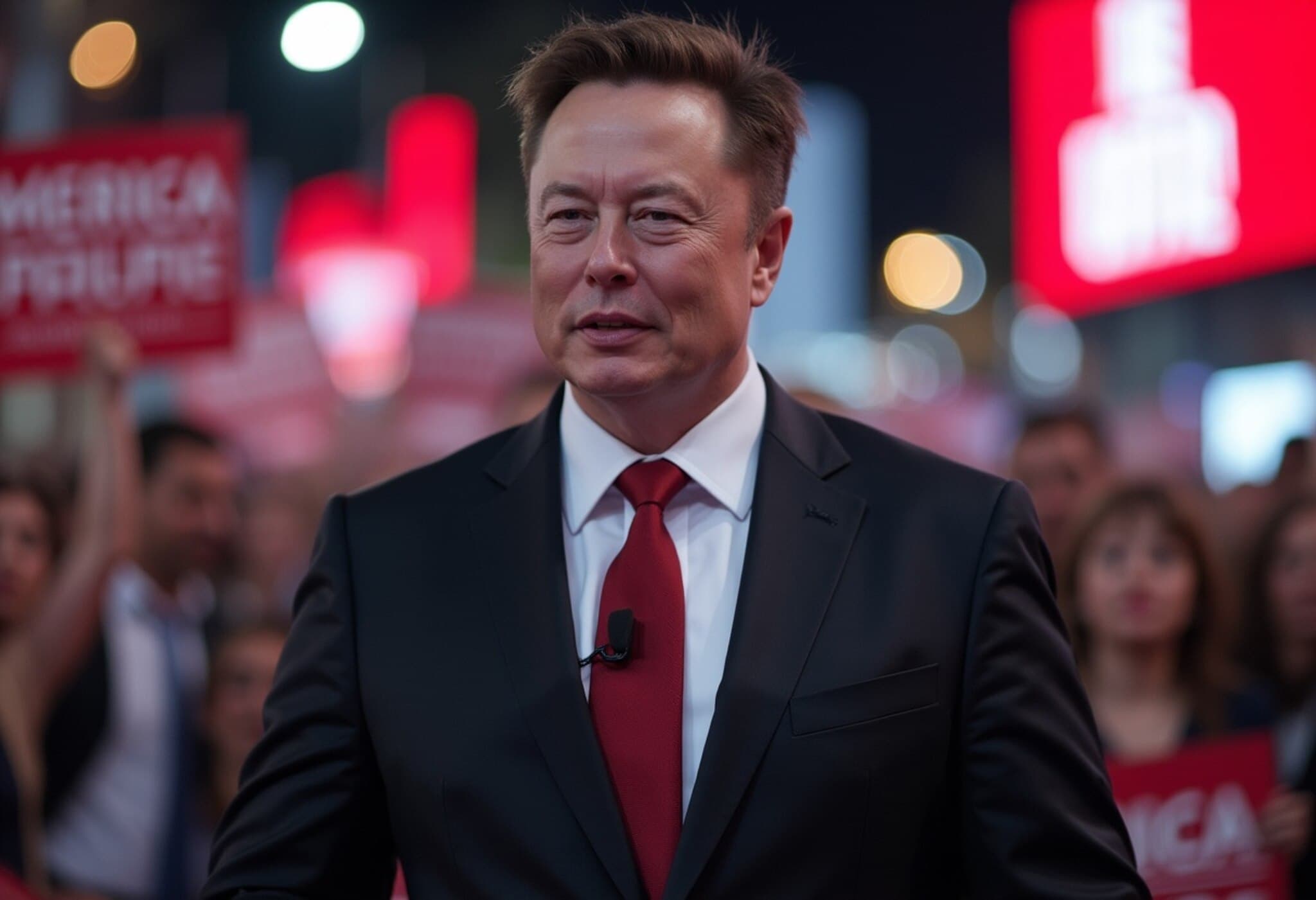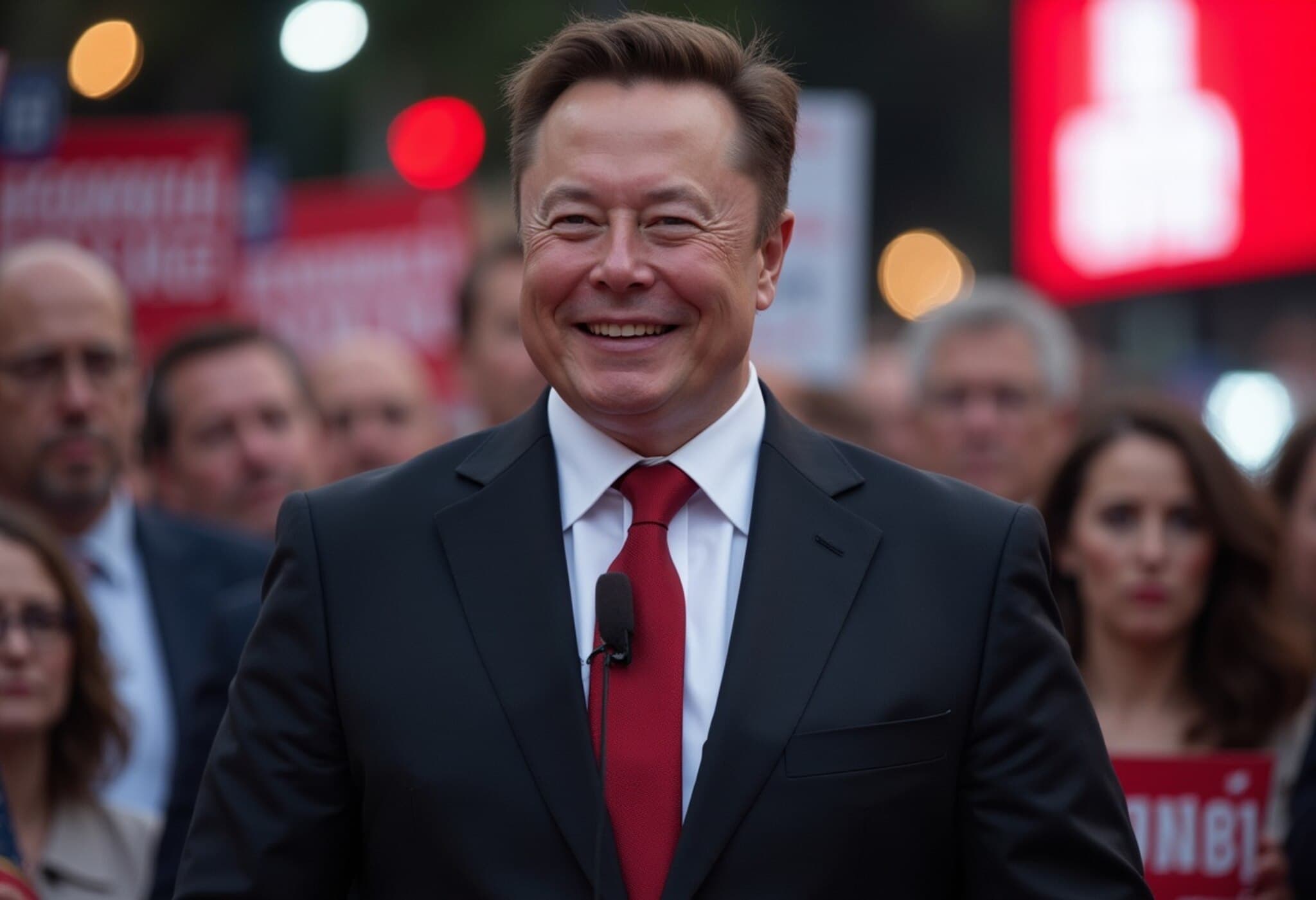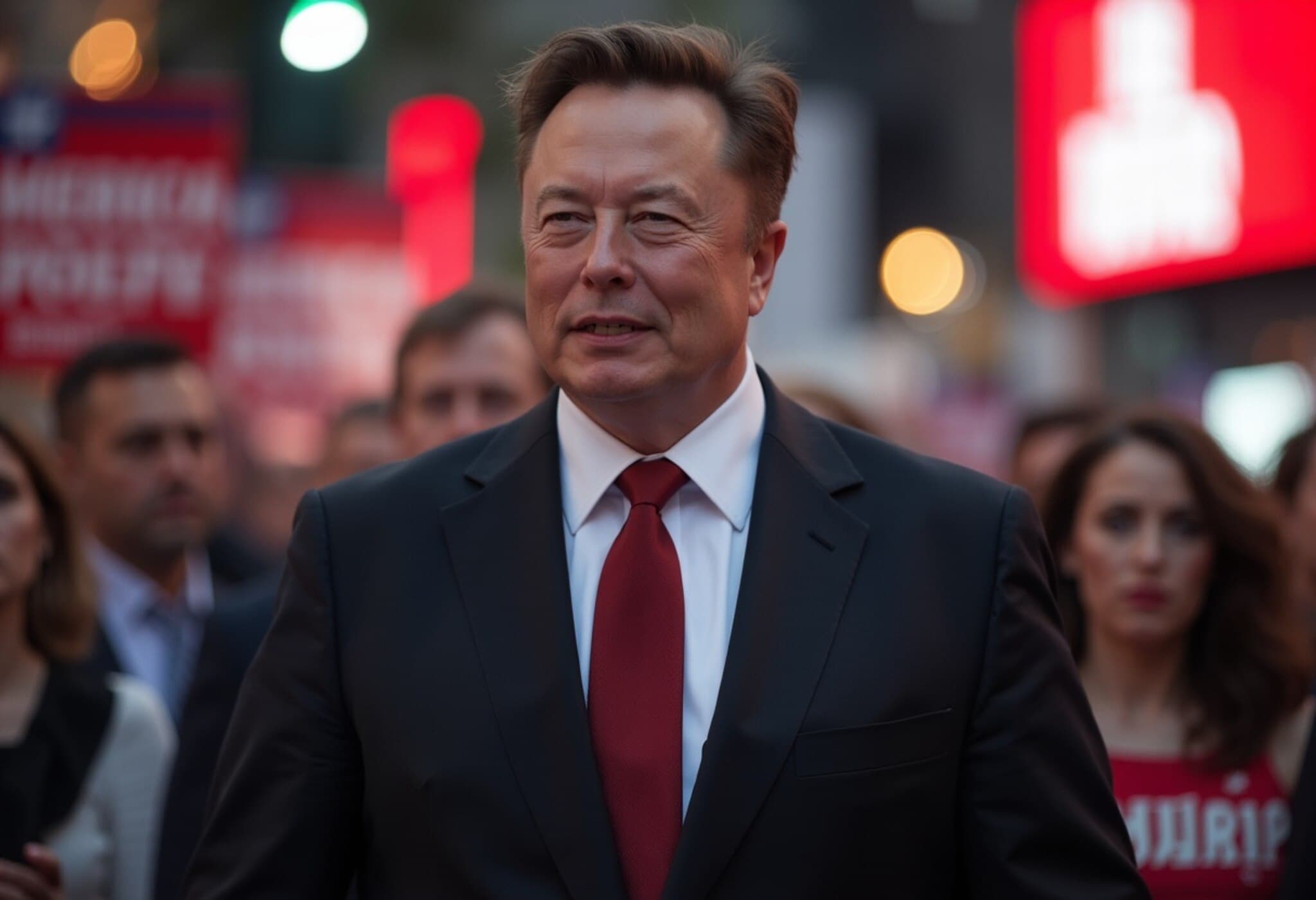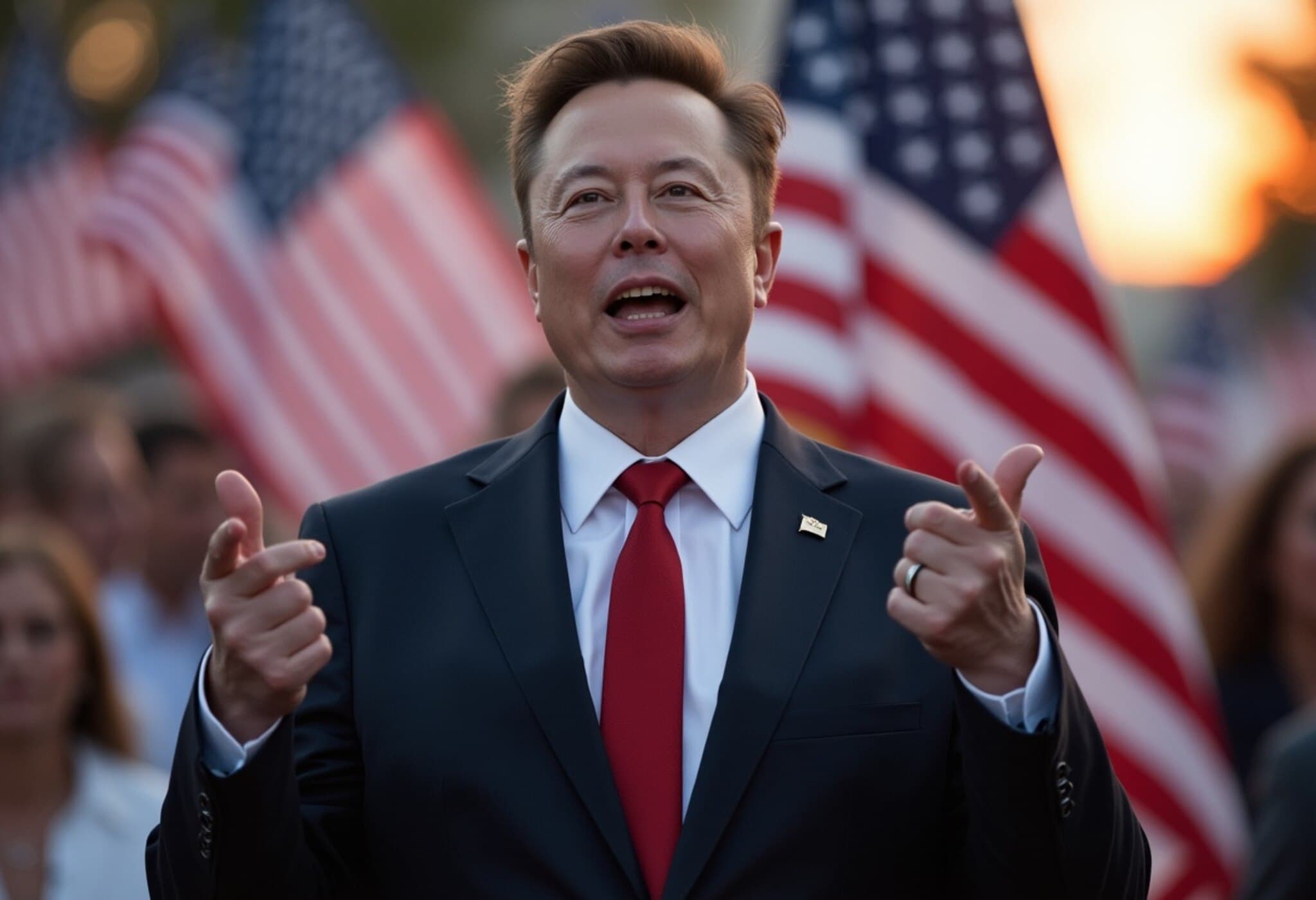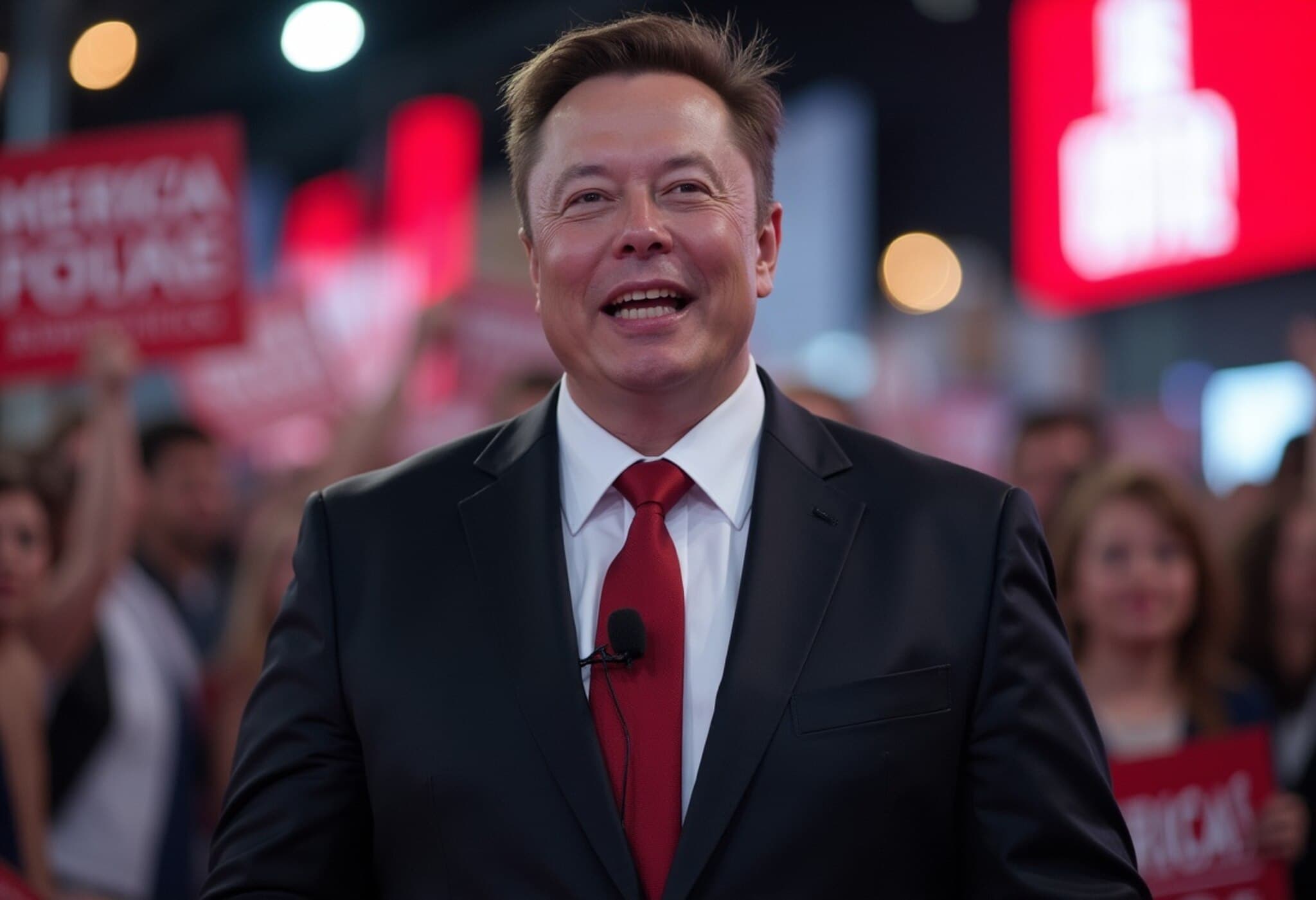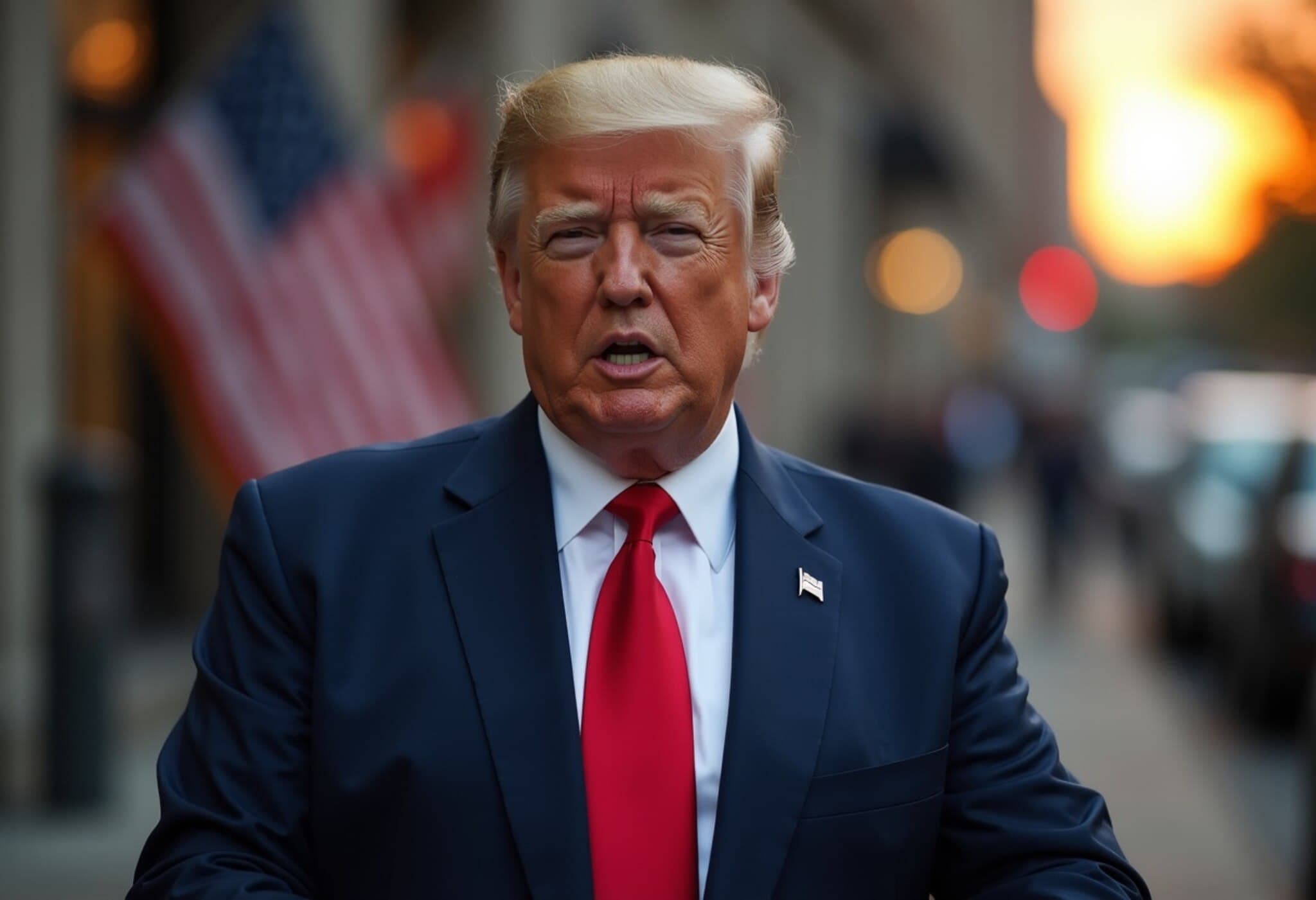Trump Labels Elon Musk's New Political Party ‘Ridiculous’ Amid Rising US Political Tensions
In a sharp rebuke to billionaire entrepreneur Elon Musk, former US President Donald Trump dismissed the announcement of Musk’s newly formed third political party, the “America Party,” as “ridiculous” and potentially destabilizing. The exchange highlights growing fractures within the American political landscape as influential figures debate the viability and consequences of breaking the long-standing two-party system.
Musk’s Bold Step Toward a Third Party On the US Political Stage
On July 5, 2025, Elon Musk announced the creation of the America Party via his social media platform X (formerly Twitter), following a poll suggesting that Americans are eager for a political alternative to the Republican and Democratic parties. Musk declared on X, “By a factor of 2 to 1, you want a new political party and you shall have it!” His proclamation called out perceived systemic waste and corruption, arguing that the current system behaves like a one-party state despite nominal democracy.
Trump’s Reaction: Protecting the Two-Party Tradition
Reacting to Musk’s announcement while boarding Air Force One in Morristown, New Jersey, Trump expressed skepticism about the effectiveness of third parties in America, saying, “It’s always been a two-party system, and starting a third party just adds to confusion.” He reiterated his confidence in Republican successes and described Musk’s effort as a source of potential chaos, asserting, “Third parties have never worked... the one thing third parties are good for is the creation of Complete and Total DISRUPTION & CHAOS.”
Trump’s criticism also highlighted policy disagreements, particularly Musk’s opposition to the recent ‘Big, Beautiful Bill’ that Trump championed—the massive tax-cut and spending bill signed into law on July 4, 2025. Trump praised the bill for removing electric vehicle (EV) mandates, framing it as a win for consumer choice: “People are now allowed to buy whatever they want – Gasoline Powered, Hybrids (which are doing very well), or New Technologies as they come about – No more EV Mandate.”
What’s at Stake? The Future of American Political Identity
The clash between Musk and Trump isn’t merely a personal feud but reflects a broader national dialogue about political representation in the United States. As many voters express frustration with entrenched partisan divisions, a growing chorus calls for new voices to disrupt the status quo.
However, history has repeatedly shown the challenges third parties face in gaining traction within a system designed around two dominant forces. The electoral college, campaign financing rules, and media coverage often favor bipartisan dominance, making third-party breakthroughs difficult.
Expert Insight: Could Musk’s America Party Succeed Where Others Have Faltered?
Dr. Evelyn Martinez, a political science professor at Georgetown University, notes, “Elon Musk’s star power and technological platform give the America Party a unique visibility advantage, particularly among younger, disillusioned voters. But breaking through the structural barriers of US politics requires more than popularity; it demands grassroots organization, clear policy platforms, and sustainable funding.”
Martinez continues, “If the America Party focuses on centrist policies and taps into widespread voter disenchantment, it could at least force major parties to recalibrate their platforms. Yet, history warns that third parties often end up splitting votes rather than uniting voices, sometimes leading to unintended electoral consequences.”
Looking Ahead: The Ripple Effects on Republican Strategy and US Democracy
With Trump’s recent denunciations and Musk’s challenge to the traditional party system, the Republican Party faces strategic questions. Will it double down on established bases, or might it pivot to address the critiques that have fueled third-party momentum?
Meanwhile, the America Party’s formation touches on wider concerns about political polarization, governance efficiency, and the representation of emerging socioeconomic interests amid shifting voter priorities.
Editor’s Note
The emergence of Elon Musk’s America Party marks a significant moment in US political discourse, underlining widespread public frustration with the existing two-party system. Yet, as Trump’s reaction underscores, the entrenched political structure resists disruption, often dismissing new entrants as sources of chaos. As this story unfolds, readers should consider: Can a billionaire-backed third party transcend America's historical political hurdles? What does this rivalry reveal about the evolving visions for America’s democracy and economic priorities? And crucially, how might average voters' voices shape or be shaped by these competing forces?

